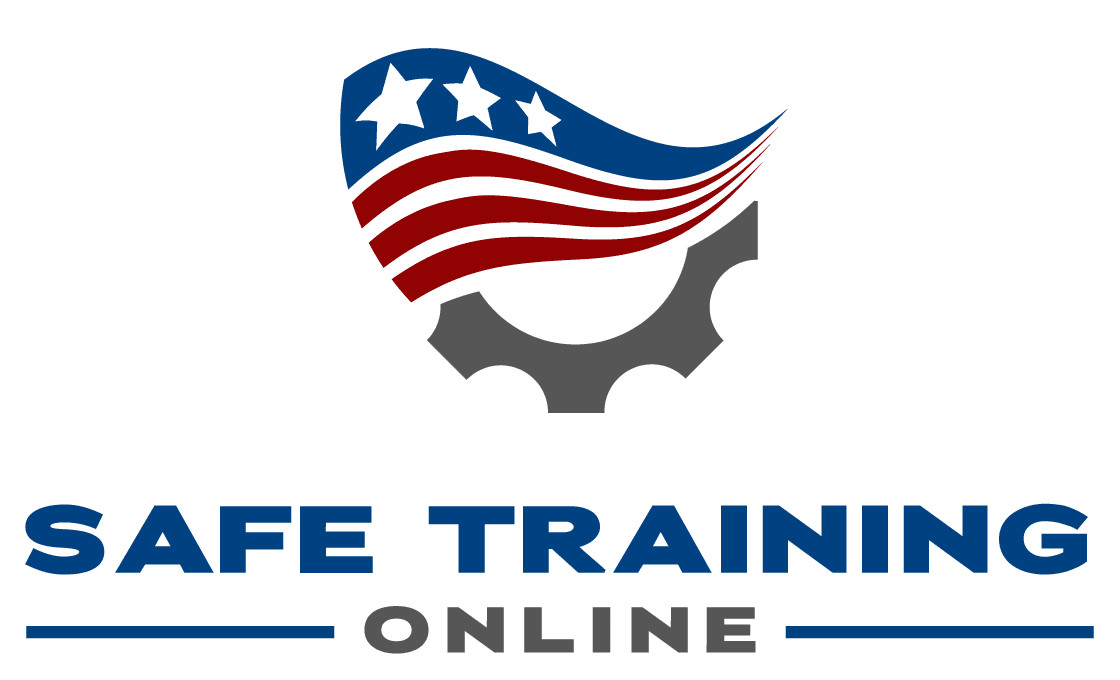Drone Operator Training: USA
$59.99 USD
This American Drone Operator Training course provides the learner with the required skills to safely operate and control your drone. In this training program, you will learn the common hazards when operating a drone, hazard controls, drone equipment components, effective flight operations, safety and risk management, regulation requirements and more.
This online Drone Operator Training course covers the following topics:
- Drone Operation Introduction
- Federal Aviation Administration (FAA) Regulations and Compliance
- Regulations and Privacy Laws
- Airspace Classifications
- Risk Management and Safety
- Drone Equipment and Maintenance
- Flight Planning and Navigation
- Flight Operations
- Advanced Drone Operations
- Impact on the Environment
Conducting drone safety training in the United States is crucial for several reasons, encompassing legal, operational, and ethical aspects of drone use. Here are the key reasons:
1. Legal Compliance
- Federal Aviation Administration (FAA) Regulations: The FAA has established specific rules and regulations for drone operation, including registration, flight restrictions, and certification requirements. Safety training ensures operators understand and comply with these regulations.
- Part 107 Certification: For commercial drone operations, operators must pass the FAA's Part 107 exam. Training programs prepare operators for this certification, covering necessary knowledge areas such as airspace classification, weather effects, and emergency procedures.
2. Public Safety
- Avoiding Accidents: Proper training helps prevent accidents that could harm people, property, or wildlife. This includes understanding how to handle potential emergencies and avoid dangerous situations.
- Risk Management: Trained operators are better equipped to assess and mitigate risks, ensuring safer flights and reducing the likelihood of crashes or interference with other air traffic.
3. Operational Proficiency
- Skill Development: Training programs teach operators how to handle drones accurately and effectively, improving their ability to conduct smooth, controlled flights.
- Emergency Handling: Operators learn how to respond to technical malfunctions, loss of control, or other emergency scenarios, ensuring they can act quickly to prevent accidents.
4. Protection of Privacy
- Respecting Privacy Laws: Training emphasizes the importance of respecting individuals' privacy and understanding the legal boundaries regarding surveillance and data collection.
- Ethical Use: Operators are taught to use drones ethically, avoiding intrusions into private property and unauthorized filming.
5. Environmental Considerations
- Wildlife Protection: Training includes guidelines on how to avoid disturbing wildlife, particularly in sensitive or protected areas.
- Environmental Impact: Operators learn how to minimize the environmental footprint of their drone operations, such as avoiding flying over natural reserves or causing pollution.
6. Professional Standards
- Industry Requirements: Many industries, such as agriculture, real estate, construction, and media, require drone operators to have formal training and certification to ensure professional and safe operations.
- Client Trust: Certified and well-trained operators are more likely to gain the trust of clients and employers, as they demonstrate a commitment to safety and professionalism.
7. Technological Competence
- Equipment Knowledge: Training covers the technical aspects of drone operation, including maintenance, troubleshooting, and understanding the capabilities and limitations of different drone models.
- Software Proficiency: Operators learn to use various software tools for flight planning, data analysis, and compliance tracking, enhancing the effectiveness of their drone operations.
8. Economic Efficiency
- Reducing Costs: Proper training helps prevent crashes and damage to expensive equipment, saving costs on repairs and replacements.
- Optimized Operations: Efficient and safe operations reduce downtime and increase productivity, benefiting businesses and operators financially.
9. Emergency and Disaster Response
- Search and Rescue: Trained drone operators play a critical role in search and rescue operations, disaster assessment, and emergency response, providing valuable aerial insights and support.
- Public Services: Drones are increasingly used by public services such as firefighting, law enforcement, and environmental monitoring. Proper training ensures these drones are used safely and effectively in high-stakes situations.
10. Innovation and Advancement
- Staying Updated: The field of drone technology is rapidly evolving. Training ensures operators stay updated with the latest advancements, regulations, and best practices.
- Promoting Innovation: Skilled operators can push the boundaries of what drones can achieve, fostering innovation in various applications and industries.
Drone safety training in the United States is essential for ensuring legal compliance, protecting public safety, developing operational proficiency, respecting privacy, and minimizing environmental impact. It supports professional standards across various industries, promotes technological competence, and contributes to economic efficiency and effective emergency response. By equipping operators with the necessary skills and knowledge, drone safety training helps create a safer and more responsible drone operating environment in the United States.

Other Courses You May Be Interested in
$26.99 USD
$99.99 USD
$37.99 USD
$59.99 USD



